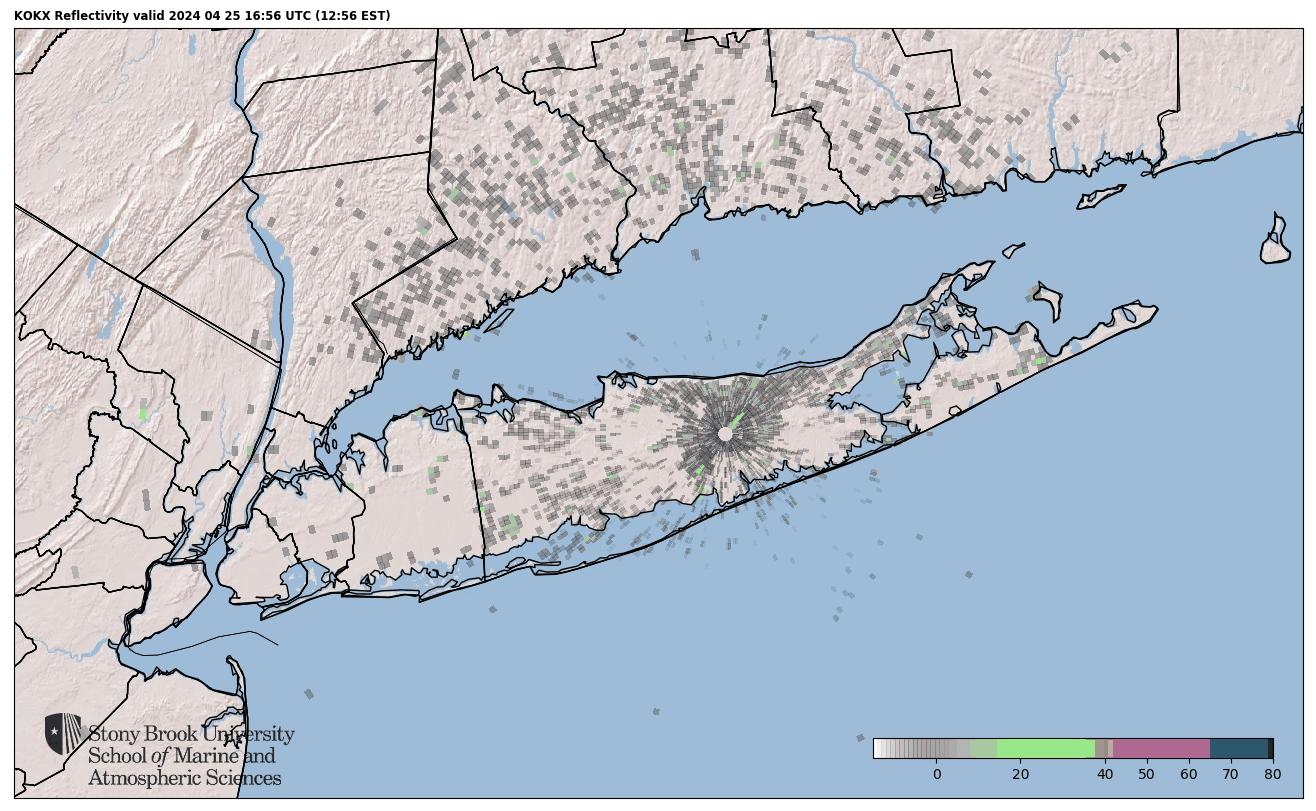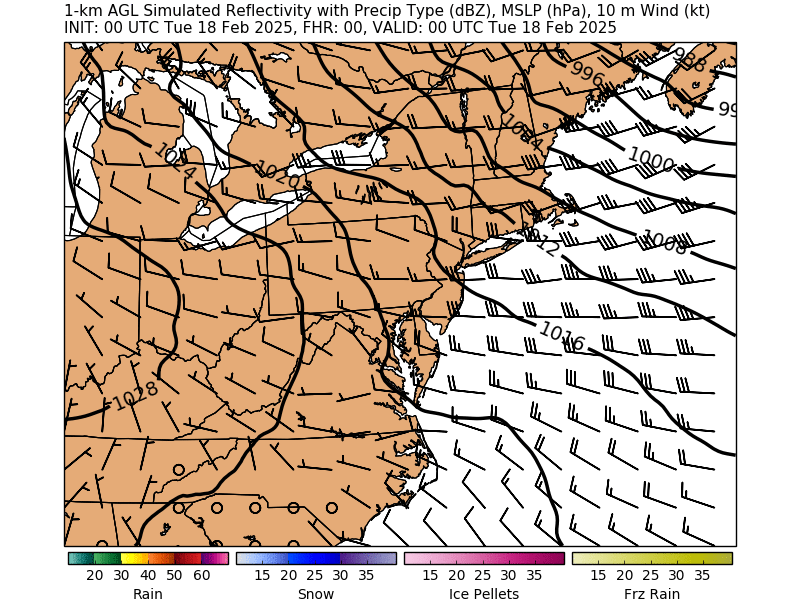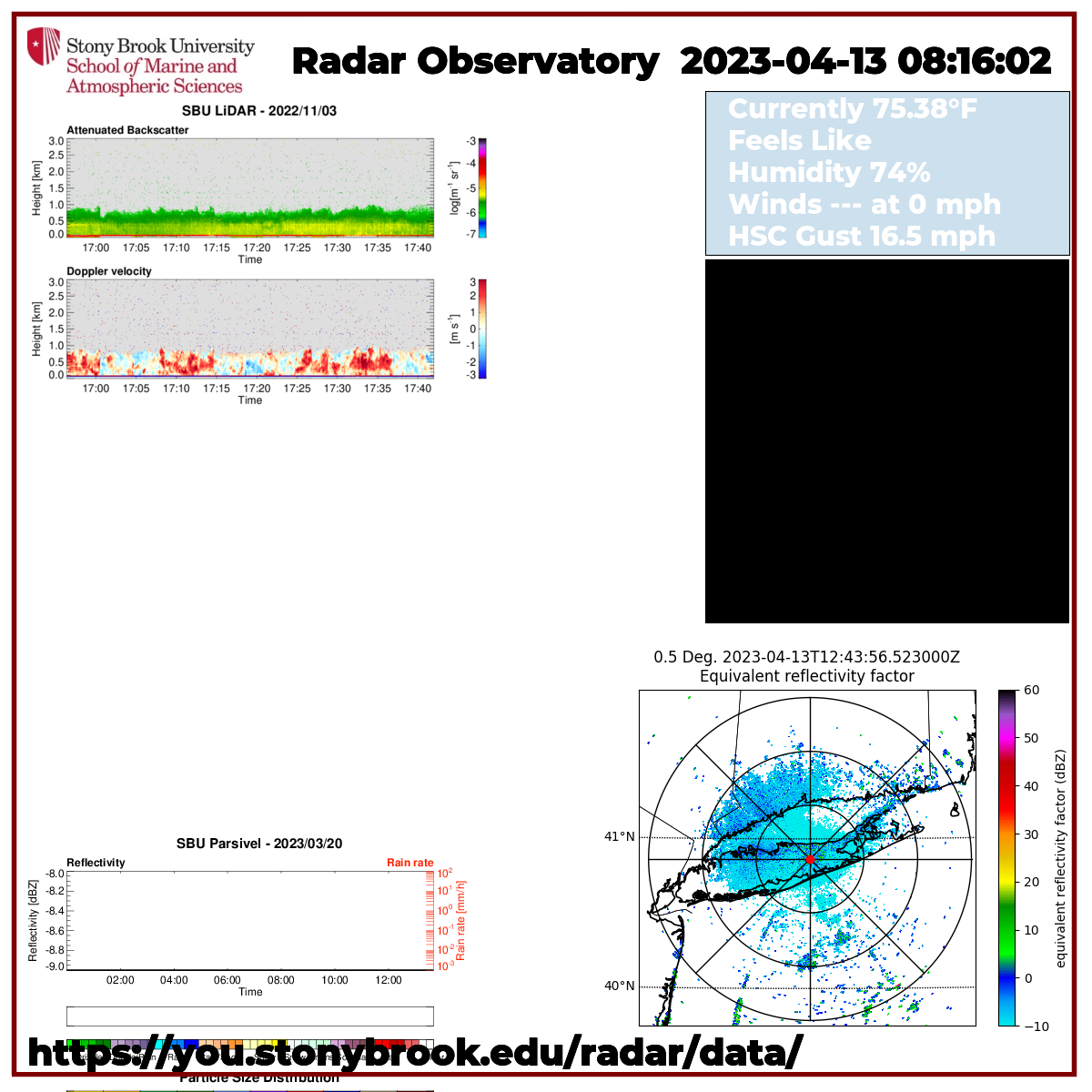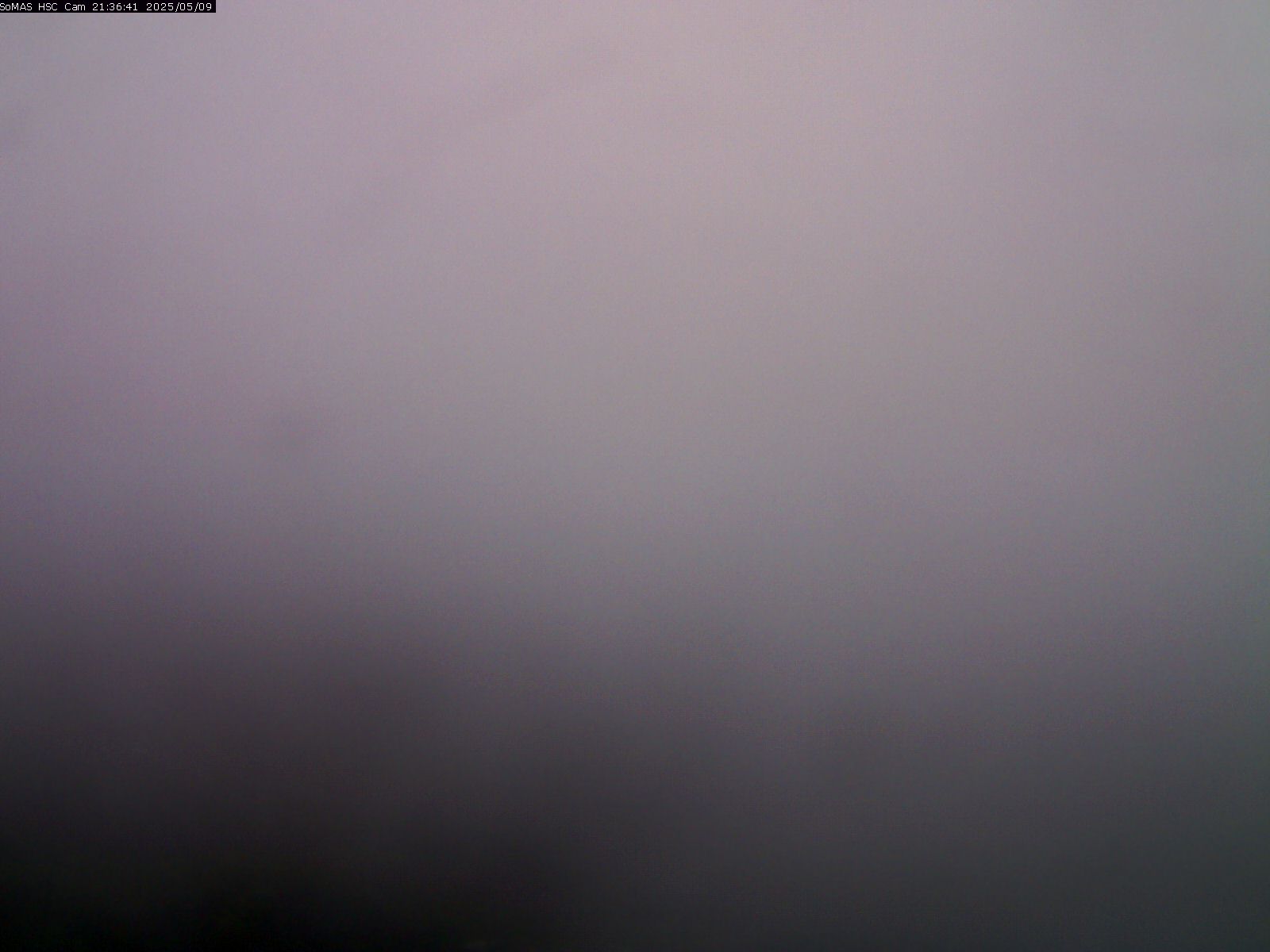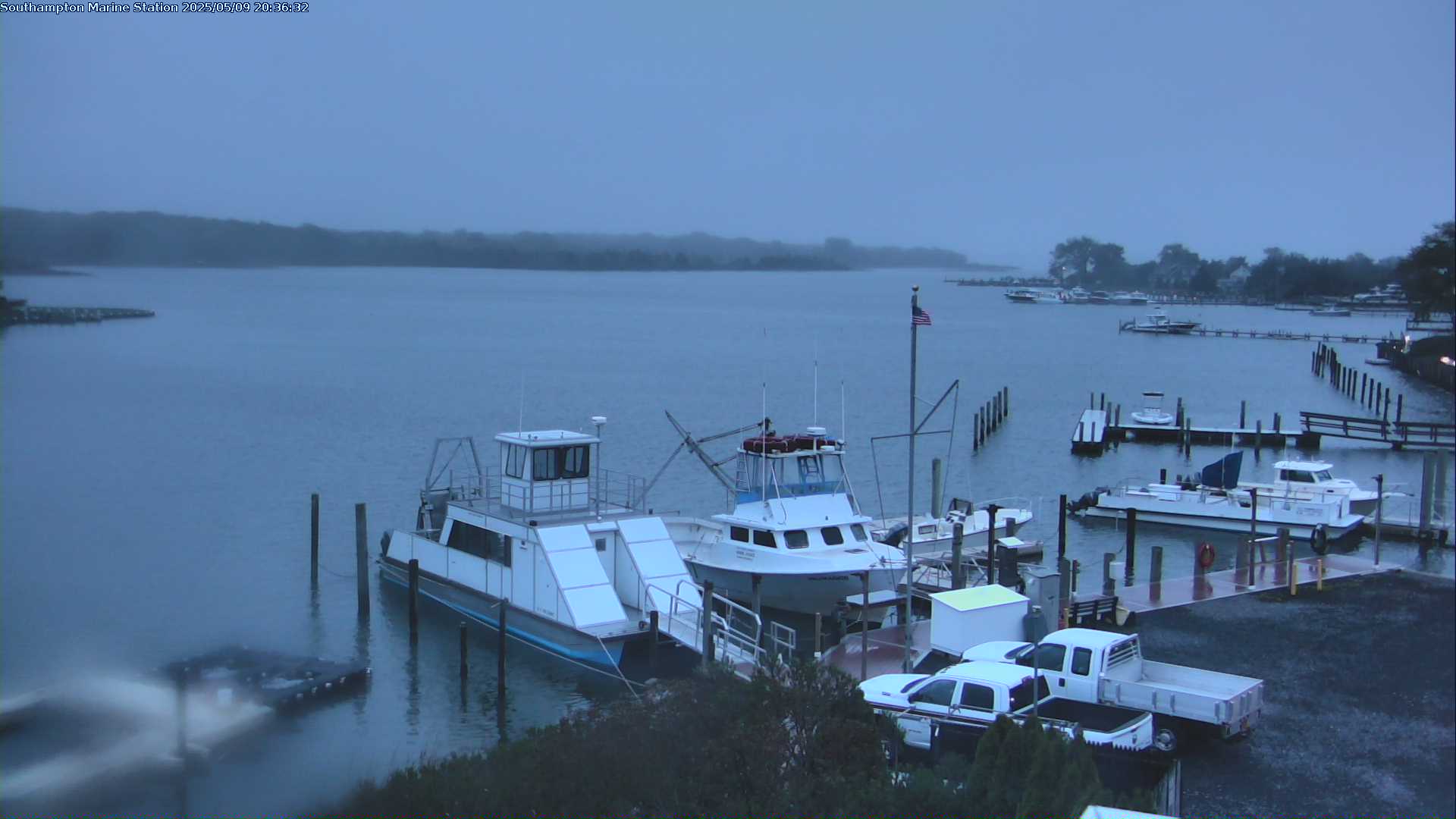The School of Marine and Atmospheric Sciences and the Institute of Terrestrial and Planetary Atmospheres (ITPA) with the dutiful assistance of the Instrument Laboratory operate and maintain several real-time data systems across Long Island. This includes three weather stations that provide to-the-minute data of the current conditions. The weather stations are located at the Stony Brook University South P Lot, the Stony Brook University Southampton Marine Station and the Stony Brook University Health Sciences Center. SoMAS also maintains three web cams: two located at the Southampton Marine Station and one on the roof of the Health Sciences Center.
Real-time data from the School of Marine and Atmospheric Sciences, student forecasts and the Meteorology Club weather connection providing a central location for weather-related content at Stony Brook University.
The School of Marine and Atmospheric Sciences Real Time Data Systems
This site contains real-time data from projects relating to the School of Marine and Atmospheric Sciences, including weather and tide gauge readings.
The Radar Science research group maintains the Radar Yard Facility located at the South P Lot at Stony Brook University.
All are welcome to attend weather discussion held Fridays in the Meteorology Lab (Endeavour Room 139) during the academic year!
Join faculty and graduate students as they lead a scientific discussion of the recent past, current, and future weather. Climate indices and patterns are also discussed. Although the discussion is led with some structure, engaged debate and conversation is encouraged by all members of the SoMAS and weather community, regardless of level.
The WRF-ARW (v3.5.1) forecast model is run twice daily, using the 00z and 12z NAM and GFS forecasts as initial and boundary conditions.
Coastal Meteorology and Atmospheric Prediction Group
The COMAP group focuses on improving the understanding and forecasting of meteorological phenomena in the coastal margins of North America.
Collaborative Science, Technology and Applied Research Program (CSTAR)



